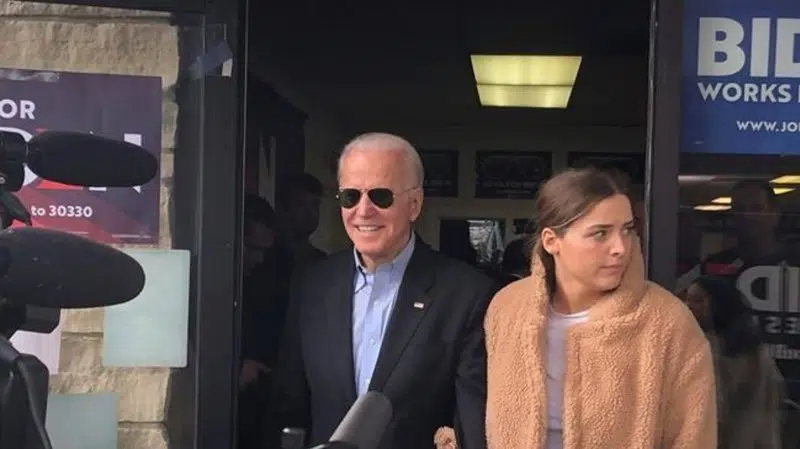
2020 candidates rev up Iowa foot soldiers ahead of caucuses
DES MOINES, Iowa — A Democratic campaign that has cost more than $1 billion, dashed the ambitions of veteran politicians, forced conversations about race, gender and identity and prompted fierce policy debate came to a head Monday in the Iowa caucuses.
Candidates gave last-minute pep talks and pitches, while hundreds of volunteers activated statewide to win the famed Iowa caucuses. By day’s end, tens of thousands of Democrats will have participated in the premiere of more than 50 contests that will unfold over the next five months. The caucuses will render the first verdict on who among dozens of candidates is best positioned to take on President Donald Trump, whom Democratic voters are desperate to beat this fall.
The moment is thick with promise for a Democratic Party that has seized major gains since Trump won the White House in 2016. But instead of optimism, a cloud of uncertainty and deepening intraparty resentment hangs over Monday’s election, which, after a multiyear buildup, will finally begin to reveal who and what Democrats stand for in this tumultuous era.
“I’m the one who can pull our party together,” Massachusetts Sen. Elizabeth Warren told supporters Monday on a telephone town hall, taking an indirect dig at her rivals. “I’m the one who is going to pull us all in to give us the ideas that we can all run on. The one who says both inspiration and inclusiveness.”


